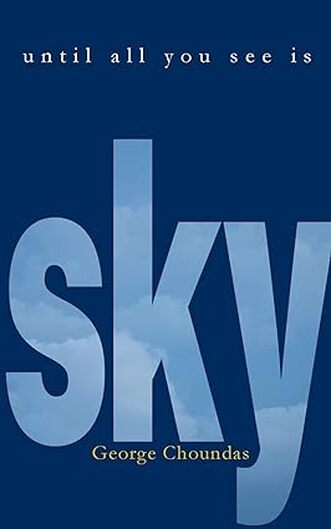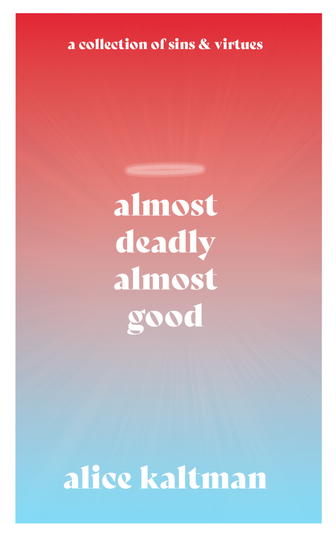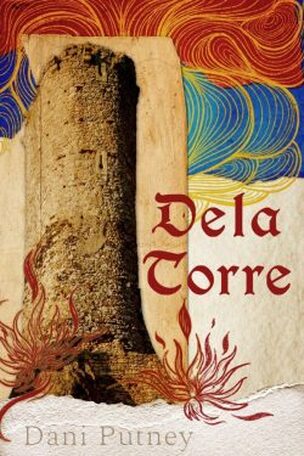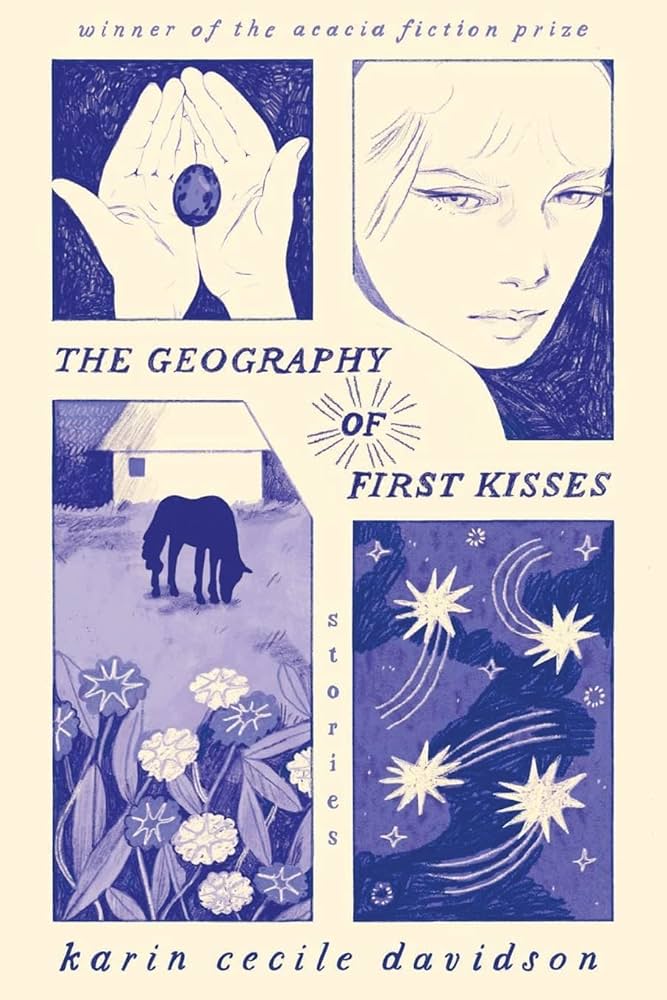The biggest question we as humans can ask is: “Why?” The contemplation of our mortality frequents art in many forms, and Grzedorz Wróblewski’s poetry not only contemplates the human experience, but also discusses what it means to exist in our current society. His writing sheds light on topics like capitalism, heteronormativity, and the normalization of violence in a way that is new and abstract. The reader must want to actively seek out what the meaning of each poem is and, by doing so, they become closer to the topic that Wróblewski selected to discuss.
Grzedorz Wróblewski’s Dear Beloved Humans, is a collection of poems spanning multiple decades of authorship. Born in Warsaw in 1962, Wróblewski grew up in the creative communities and culture of Poland where he began his career as a poet and artist. In 1985, Wróblewski emigrated to Denmark, prompting a shift in perspective and a new form of inspiration for his poetry. As I read through this collection, I found myself understanding the turmoil that Wróblewski felt over the course of his life and the humorously analytical and at times nihilistic way in which he portrayed his surroundings in his writing.
1 Comment
“We may know the sacred; we may not impart it.”
George Choundas tosses this penetrating sentence seventy-five pages into his collection of essays, Until All You See is Sky. It’s one of the many turns of phrase that will make the reader pause and reflect. This in itself is not so shocking—good writing should, at the bare minimum, have an impact on the reader. What sets Choundas apart from the others, in my opinion, is context. Where this shrewd pronouncement is more befitting a spiritual revelation or a hard-learned life lesson, Choundas has gifted this deep and affecting statement to… baked goods.
Most of us are familiar with the concept of the seven deadly sins: gluttony, envy, wrath, lust, sloth, to name a few. Alice Kaltman embraces these sins—along with their virtuous counterparts—in her short story collection, Almost Deadly, Almost Good. She personifies the sins in her complex characters while exploring an equal number of virtues. Her stories depict the tragedies and triumphs of human nature. Characters embodying gluttony, envy, and wrath seem to be in a constant state of inner conflict and turmoil while those who practice kindness, humility, and patience have better outcomes.
“For all the mutts.”
Dela Torre, the most recent chapbook from poet and essayist Dani Putney, opens with this dedication. Simple and effective, they give no other preface before diving into 20-some pages of raw, emotional poetry where they break down their own mixed-race heritage, the history of their parents, and tear into colonialism with sharpened teeth. While Dela Torre runs rife with various themes about identity and family, there is one through-line that can be felt in each and every one of these poems— anger.
While it’s typical for media to display love under rose-colored lenses, The Geography of First Kisses by Karin Cecile Davidson shows the in-betweens of romance. Davidson reveals the love, loss, and nostalgia of relationships through the use of fully realized characters and descriptive language. With each short story, the characters feel close enough to the reader’s heart that it’s easy to trick the brain into thinking the whole book was about them from cover to cover.
|
Archives
July 2024
Categories
All
|
|
Glassworks is a publication of Rowan University's Master of Arts in Writing 260 Victoria Street • Glassboro, New Jersey 08028 [email protected] |
All Content on this Site (c) 2024 Glassworks
|






 RSS Feed
RSS Feed
